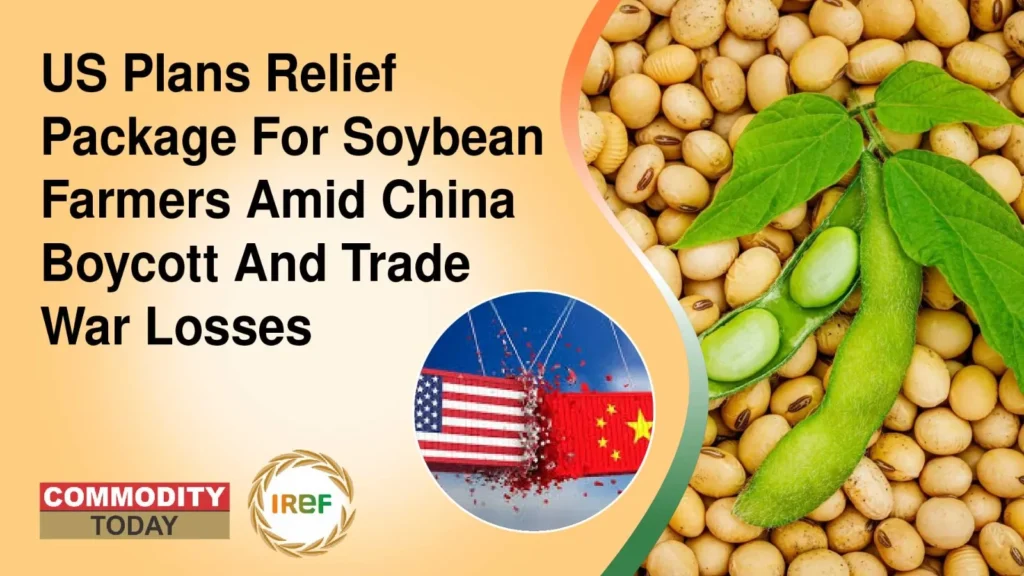US soybean farmers are currently facing the biggest trade crisis in decades. China’s halt to purchases of US soybeans is causing them the lose billions of dollars. Meanwhile, the Trump administration is preparing a major aid package for soybean farmers. Treasury Secretary Scott Bessant said the announcement will be made on Tuesday to help soybean farmers overcome the current crisis. Bessant alleged that China is using US farmers as pawns in trade negotiations. He expressed hope that the soybean imports issue will be a major agenda item at the meeting between President Donald Trump and Chinese President Xi Jinping in the upcoming weeks.
Caleb Ragland, president of the American Soybean Association, stated that the relief package is not the solution. Soybean Farmers need a stable market. He explained that currently, there are no buyers from China, whereas China alone used to buy half of America’s aggregate soybean exports. From January to August 2025, US soybean exports to China totaled only 218 million bushels, compared to 985 million bushels in 2024. Now, this marked the first time in two decades that China did not purchase a single shipment from the autumn harvest. Amid this, Illinois, America’s largest soybean-producing state, is suffering losses of up to $8 per acre.
China replaced the purchases of US Soybeans
China is now purchasing soybeans from Brazil and Argentina instead of the US. While US soybeans may be cheaper, China’s 23% import tariff increases their cost, making them uncompetitive in the market. China’s purchases from Argentina increased sharply in September, further marginalizing US exports. Now, US trade groups are exploring new markets in countries like Nigeria, Vietnam, Bangladesh, Egypt, and Thailand. However, according to experts, these markets cannot compensate the China’s shortfall, as the country solely purchases 60% of the world’s soybean imports. Taiwan’s committed purchases of $10 billion have also failed to cover this shortfall.



